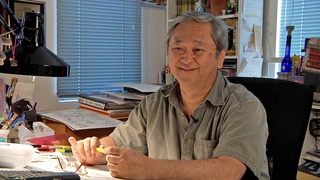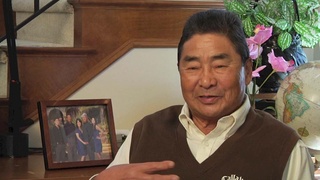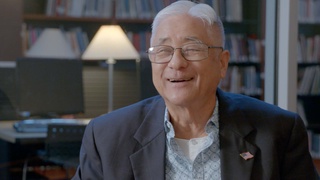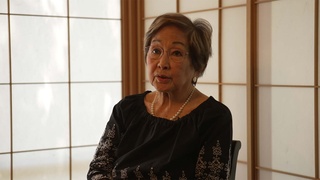Interviews
Gordon's parents' experience in prison
Gordon said he looked up one day, one night and jailor says, “Oh, I got a visitor for you,” and he looks up and there’s dad, you know. He moves in with him. And then, he doesn’t see my mom ‘cause she was put into the women’s prison. And with that kind of Christian background, you know, she was shocked to be in with prostitutes and thieves and stuff like that.
But, she we self-taught, that’s another thing about my mother—she was self-taught to play the piano. I remember in our parlor in the farmhouse, there’s this great big square Grand, and she knew two kinds of songs. She got some help from a neighbor, a daughter I guess, to learn basics about piano. She could play Steven Foster songs and hymns. So she went into the “rec” room in the jail and started playing the piano and singing Foster songs. All the women gathered around [with] tears coming down their eyes [noise]. They’re having a great time singing.
And Gordon, all this time, didn’t see her at all. And he says when the trial happened, she came in the side door. It’s the first time he saw her, and he says, “She looked like she stepped out of a beauty parlor. She’s all made up and everything.” And what the women had done was pull their cosmetic resources and fixed her up for the trial. And my mother really changed her attitude about women in prison since then.
Date: January 7, 2004
Location: California, US
Interviewer: Art Hansen
Contributed by: Watase Media Arts Center, Japanese American National Museum.











